The COVID-19 pandemic unleashed an overwhelming burden on hospital systems and medical professionals. Tragically, many suicidal deaths among healthcare professionals have been tied to the stress of working through the pandemic. The urgent need to support the healthcare workforce and respond to what has become an exhaustion crisis was addressed in a 2022 Advisory by U.S. Surgeon General, Vivek Murthy, MD:
“As the burnout and mental health crisis among health workers worsens, this will affect the public’s ability to get routine preventive care, emergency care, and medical procedures.”
Burnout has impacted healthcare workers in all capacities. Thus, it comes as no surprise that we are seeing it trickle down to healthcare contact center associates, causing them to leave their jobs, with both payers and providers, at increasing rates since the onset of the pandemic.
Contact Centers in Crisis
While job stress impacts almost everyone in the workforce, employees in contact centers are more likely to experience burnout than others. A recent study found that 87% of call center workers report high or very high-stress levels at their call centers. This study noted that high stress levels among contact center associates were highly correlated with high absenteeism, low job satisfaction, and high turnover intentions.
Download Part II of Northridge’s State of Customer Experience 2023 Research Report for more CX insights!
The Northridge Group needs the contact information you provide to us to contact you about our products and services. You may unsubscribe from these communications at anytime. For information on how to unsubscribe, as well as our privacy practices and commitment to protecting your privacy, check out our Privacy Policy.
While difficulties recruiting and retaining associates have become universal to all types of contact centers, the problem is especially acute in the healthcare industry. Contact center work is inherently stressful but associates who work in the healthcare industry routinely face extra stress. The COVID-19 pandemic intensified associate stress levels, pushing some to leave their jobs. It is now incumbent on healthcare contact centers to reduce additional burnout by proactively addressing the key stressors.
Key Stressors and Solutions
- Customers who are angry over issues that associates can’t control – Members who are dealing with healthcare issues may easily become upset and take their anger out on associates. Training can help associates diffuse anger in callers and understand that the anger is not directed at them.
- The intensity of the healthcare environment – When members call regarding serious illnesses, the pressure to get them answers quickly can be intense. Investments in de-escalation training, integrated technology, and intuitive tools are critical for empowering associates to handle this type of stress.
- Lack of resources – Associates who lack information about issues they are asked to resolve, often have difficulty delivering a good customer experience. The situation can be intensified in a healthcare environment where the needed information directly impacts the caller’s health outcome. Associates must have the resources they need and easy access to answers to difficult questions. Provide operational and business context so they can confidently navigate challenging calls.
- Lack of training – Contact center training has been associated with lower stress and burnout. Investments in training lead to better employee engagement, improved employee retention, and greater job satisfaction, all of which reduce burnout.
- Lack of feedback on performance – Healthcare contact center associates want to deliver the service and care asked of them. But how do they know what counts? To ensure associates provide the highest levels of service when it is needed most, establish relevant performance metrics, and provide actionable performance evaluations regularly.
A Success Story
Our client, a Fortune 50 health insurance carrier, was experiencing contact center recruiting issues, attrition, and workforce management inefficiencies. After conducting a comprehensive assessment and analyzing drivers of attrition, our recommendations included improvements in recruiting, compensation, career pathing, training, and associate development. “Our recommendations helped our client hire more proficient candidates and improve member experience while reducing associate attrition and costs associated with churn”, said Vickie Schutze, Northridge’s Customer Experience Director.
Empowering Contact Center Associates
Successful healthcare contact center associates have industry-specific knowledge and above-average learning potential. To attract associates of this caliber, you must compensate them fairly. To retain them, you must provide training, keep them motivated, and work to reduce the key drivers of their job stress. Taking care of the employees who support your members will increase their job satisfaction, resulting in improvements in the care they offer your members. By proactively addressing associate burnout, contact centers can empower their associates to improve the patient/member experience.
The Northridge Group helps clients positively support and engage contact center associates and provides training and contact center management solutions. To learn more, contact us.
Connect with a Healthcare Expert
